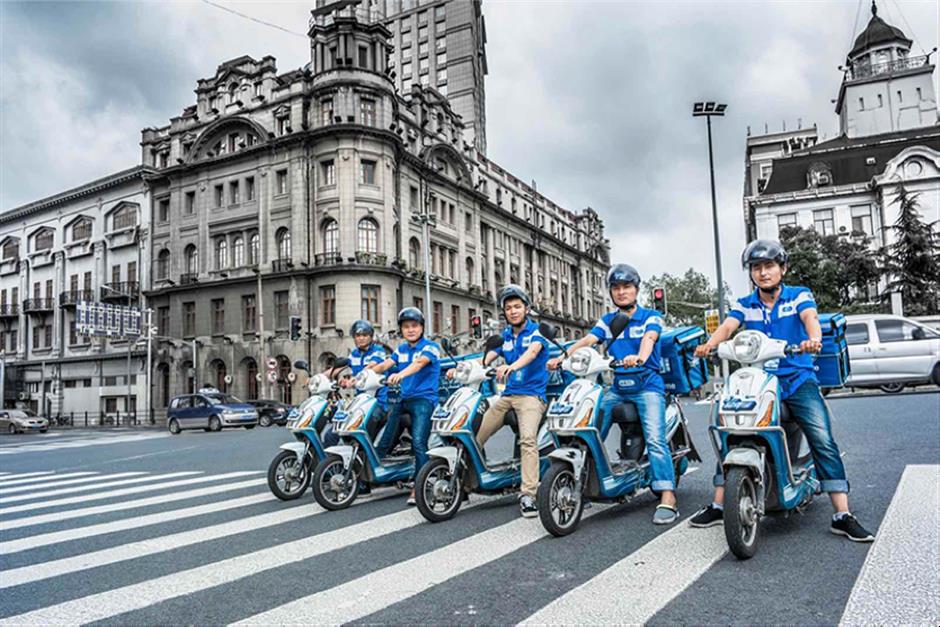Alibaba to team up with Shanghai in import of more products

Alibaba plans to leverage its e-commerce platform to combine with commercial facilities in Shanghai to help introduce more imported brands in the future.
It will also launch "Super Brand Day" online campaigns with 150 brands to help maximize their impact among Tmall shoppers. This year, "Super Brand Day" campaigns have included several online shopping spaces in Shanghai where pop-up stores offered a better shopping experience through games and entertainment.
As many as 80 percent of the world's 100 most valuable brands evaluated by Forbes now have flagship stores on Tmall. In 2017 more than 200,000 brands launched 12 million new products through the website.
The Guanghua School of Management at Peking University said in a report last month that Shanghai ranks first among other domestic cities in terms of the level of development and sophistication in the new retail sector.
Shanghai is taking the lead thanks to its advanced level of manufacturing, logistics, trade and relevant services, which requires integrated planning and the development of various industry sectors, as well as comprehensive regional planning and layout.
As most of the world's leading brands pick the city as their first choice to debut new products and open their first stores, Alibaba Group is also combining its online and offline resources to benefit both consumers and brands, which will also help enhance Shanghai's attractiveness as a shopping center.
Shanghai is also home to the first Hema Market store, a new retail format put forward by Alibaba Group last year which is a one-stop service for dining, shopping and on-demand delivery service.
















